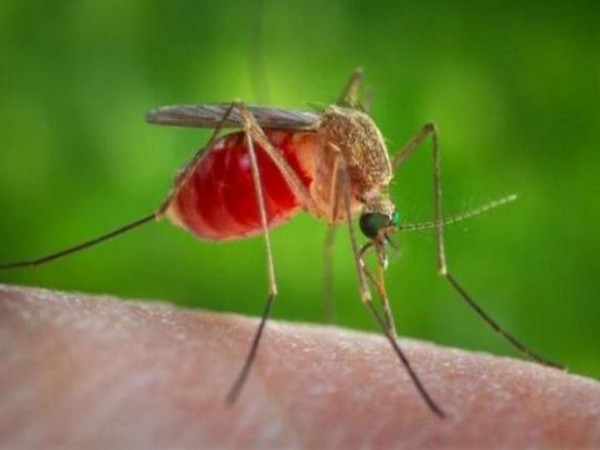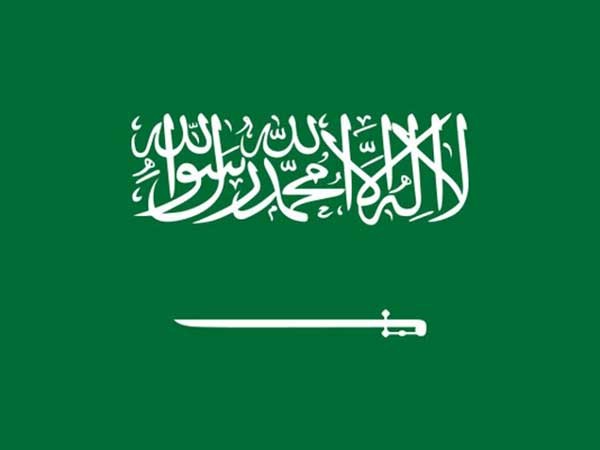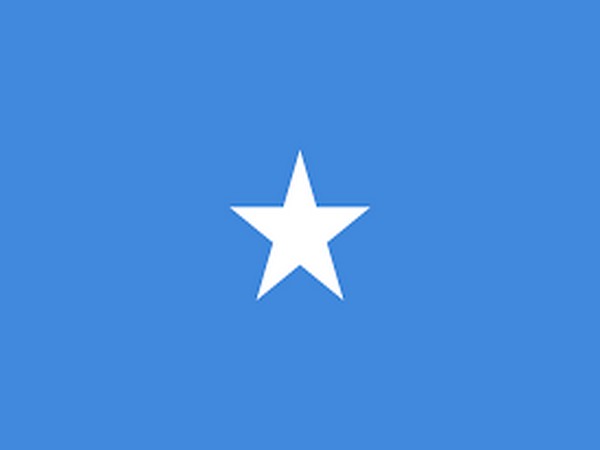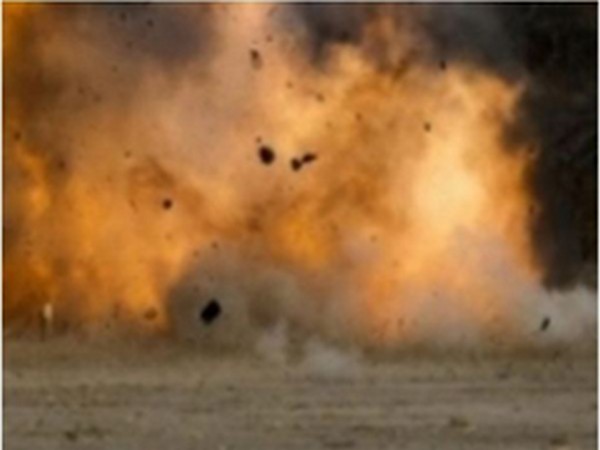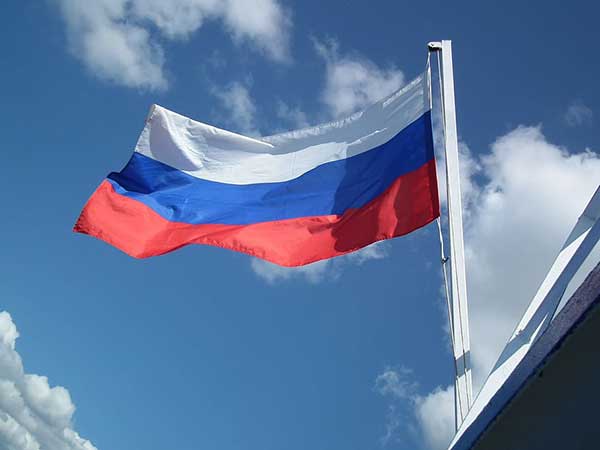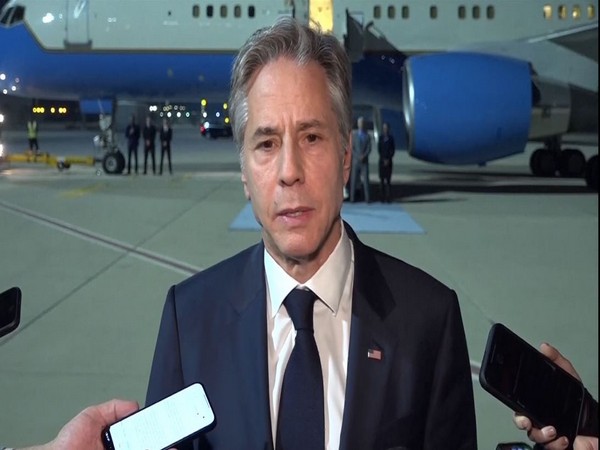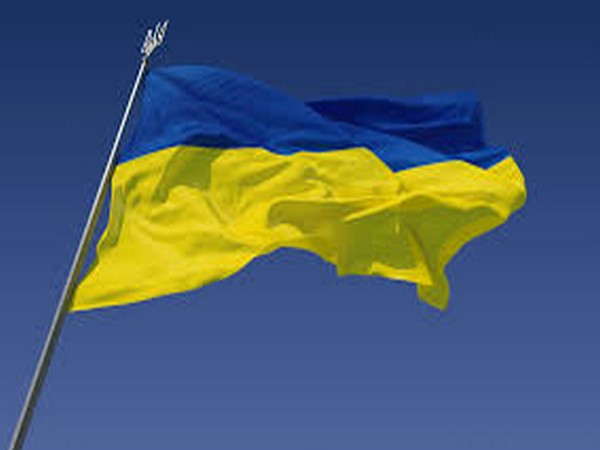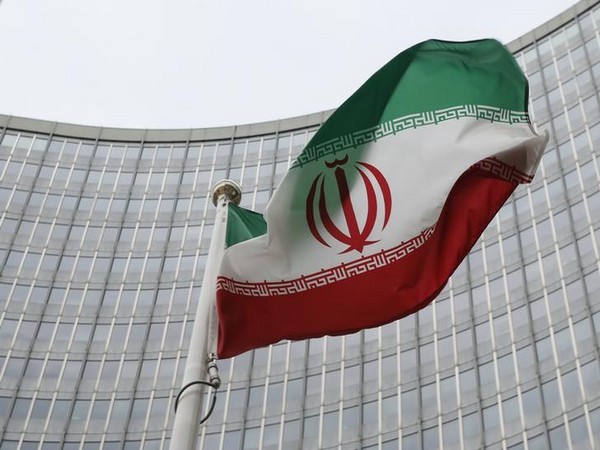
Israel - Iran in the war of 'sharp spears - thick shields'
Jun 17, 2025
Tel Aviv [Israel], June 17: Entering the fourth day, the Israel-Iran conflict has become a battle between air strikes and each other's defense systems.
Unlike previous times, both Israel and Iran are suffering heavy casualties as neither side shows any signs of de-escalation.
Attack thoroughly
CNN reported that Iranian missiles
In Iran, at least 224 people have been killed since the Israeli
Not only military leaders, Iran's Supreme Leader Ali Khamenei is also believed to be among Tel Aviv's targets. Reuters quoted US officials as saying that US President Donald Trump recently vetoed Israel's plan to assassinate Supreme Leader Ali Khamenei. If this information is true, it means that Tel Aviv is ready to escalate to the highest level in the conflict with Tehran. This also means that the Israeli government really wants to change the existing regime in Iran.
In contrast, Iran announced that its parliament is preparing a bill to suspend its participation in the Nuclear Non-Proliferation Treaty (NPT). The bill could take weeks to pass, and if passed, could further escalate the Iran nuclear issue.
The "spear - shield" war
On the same day, June 16, the IDF announced that it had dispatched 50 fighter jets to attack about 100 military targets in Isfahan, central Iran. Accordingly, the IDF destroyed more than 120 Iranian missile launchers. The IDF announced that it had destroyed 1/3 of the enemy's total missile launchers after 4 days of fighting. Of which, on the evening of June 15 alone, the Israeli Air Force destroyed more than 20 surface-to-surface missiles before they were fired at Israel.
Meanwhile, Tel Aviv announced that Iran has launched 370 missiles at Israel since the conflict broke out. Most recently, Iran launched about 100 missiles at Israel on the night of June 15, and at least 7 missiles were intercepted by air defenses. According to some analyses, Iran is estimated to have about 3,000 ballistic missiles, a significant proportion of which have a range of over 1,000 km, enough to attack targets in Israel. Many Iranian missiles can carry hundreds of kilograms of explosives, so if not intercepted, they will cause significant damage to Israel.
Until now, if Israel can use fighter jets and missiles to attack Iran, Tehran can only use missiles to attack the enemy. In such a situation, Israel has recently focused on attacking Iran's air defense systems to pave the way for long-term airstrikes against the opponent. In fact, Israel still maintains a dense air defense network, including: Terminal High Altitude Area Defense (THAAD) missile interception system, Arrow with Arrow 3 version that can intercept at a range of more than 2,000 km, David's Sling with a range of 300 km and the Iron Dome short-range missile defense system. Of which, THAAD and Arrow are capable of intercepting at an altitude of more than 100 km, so they can be effective against Iran's long-range ballistic missiles.
In addition, although US President Donald Trump announced on June 14 that the US would support Israel in intercepting Iranian missiles, the extent of the support is still unclear. Currently, the US has a network of Terminal High Altitude Area Defense (THAAD) and Patriot long-range missile defense systems deployed in Iraq, Kuwait, the UAE, Qatar, Saudi Arabia, Jordan and at a secret base coded 512 that the US has located in Israel. US warships in the region, as well as US fighter jets stationed in Kuwait, Jordan, the UAE, Qatar and Saudi Arabia are also part of the network.
This is Israel's advantage in intercepting Iranian missiles. However, in the context of a certain division in US politics about the level of involvement in the Israel-Iran conflict, it is unclear how much Washington supports Tel Aviv.
By last night, Reuters, citing informed sources, said Iran was asking Qatar, Saudi Arabia and Oman to ask President Trump to pressure Israel into agreeing to an immediate ceasefire. In return, Tehran would be flexible in nuclear negotiations with Washington.
Source: Thanh Nien Newspaper
